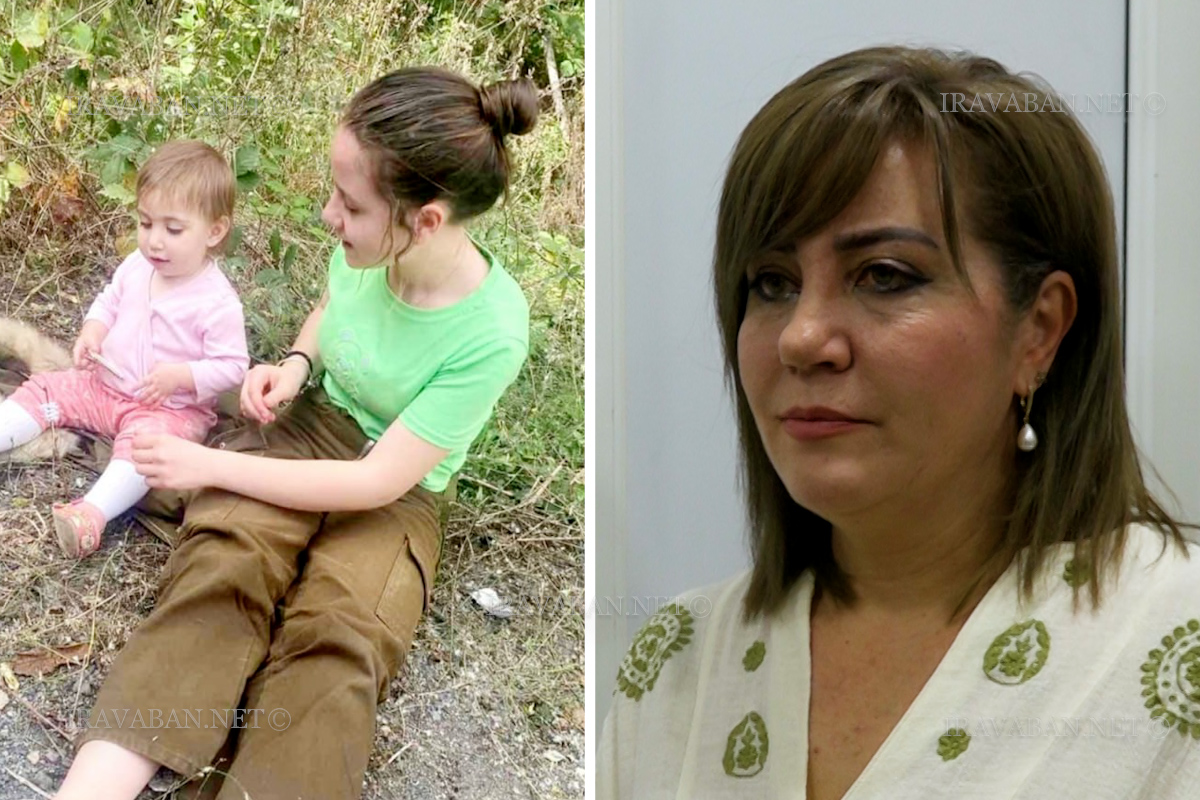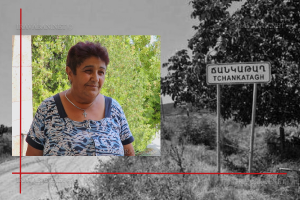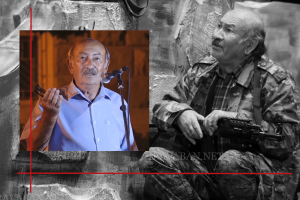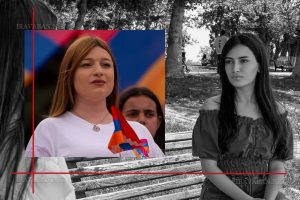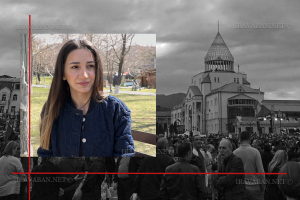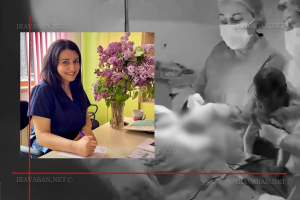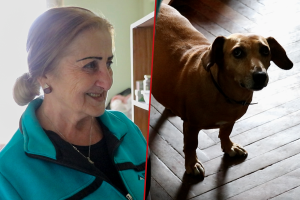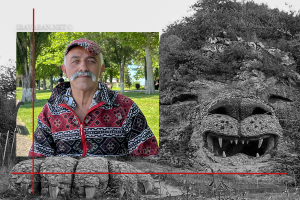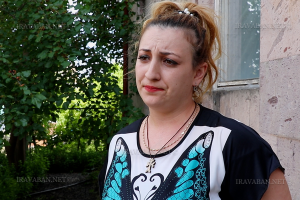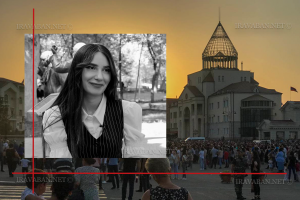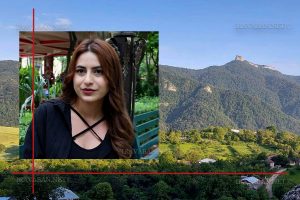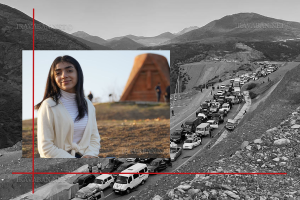Alvina Gabrielyan, forcibly displaced from the occupied Republic of Artsakh, told in the framework of “Artsakh: Armenian Genocide 2023. Stories of Survivors” documentary project that she was forcibly displaced from Stepanakert.
In 2020, she came to Armenia for health problems. When the enemy unleashed the war on 27 September, 2020, she could not return to her home. However, after the signing of the tripartite agreement on 9 November, she decided to return.
“I returned on 12 November. I had a very bad time those days. It was very bad, but I said: I had to go, I had to work. I love my land very much. I decided not to leave homeland under any circumstances. I was afraid, but I hoped that it would be fine. We had to live there because we sacrificed so much; the blood of so many boys was spilled there. We had to live there so that the blood of those boys would not be meaningless,” our interlocutor said.
Our interlocutor also emphasizes the weight and difficulty of living under siege, which the Armenians of Artsakh had to endure, because the enemy was illegally keeping Artsakh under siege.
“I had a pastry shop. My heart was breaking that those children do not eat sweets. I distributed sweets to the children. I took that course very badly, because the people were hungry. The children were hungry. Once a pregnant woman entered our workshop, crying and said: “Give me something to eat, I’m dying of hunger, I’m losing consciousness.” I sat down with her and began to cry. There have been such days, but we were hoping that it would be OK, we will live in our land,” Mrs. Alvina said.
On 19 September, 2023, when the enemy unleashed another aggression against Artsakh, Ms. Alvina rushed to school to find her daughter.
“I do not remember how many seconds it took me to get to the school to take my child. All the children were in the basement, all the mothers had come, they were calling their children and I was also calling: Eve, Eve, Eve… my child took my hand in the dark and said, “Mom, I won’t go anywhere without you.” We stayed in the basement for 3-4 hours, and then we ran to the basement of our building. We stayed there all night, in the morning we were told that the war would end, but the sounds of machine guns were still coming, the Turks were already near the city. My child was trembling with fear. She kept saying, when will papa get gas so that we can go out, I don’t want to die here, I don’t want the Turk to cut off my head, Mummy, get me out of here. When I saw that my child was in that condition, I also started to look for gasoline together with my family. I went to the filling stations to stand in line. We searched day and night to get gas and go out. Mothers holding their children’s hands ran to the airport to escape from the Turks,” this is how our interlocutor recalls the forced depopulation of Artsakh.
Mrs. Alvina left her confectionery workshop, her house, a big walnut orchard there, but she says that she only thought about that they lost their land and the graves of our beloved..
They traveled for about 36 hours to reach Hakari Bridge.
“They stopped us near Hakari, checked our car for a few minutes, but they didn’t let them go. I was afraid that something would happen to my children. My heart calmed down when we left and reached the Armenians. We knew that we might leave, but we did not give up hope. We constantly thought that we should live in Artsakh. We have done everything there. We worked on our land. Until 2020, we had 100 hectares of land, I was sowing wheat, when the war began, and that land was given to the Turks. We thought that we should work and not leave our land and go out. The war killed us all. When the gasoline explosion happened, it was as if we were in hell,” she said.
Speaking about the terms of reintegration proposed by the Azerbaijani side, our interlocutor said that they can never live side by side with Azerbaijanis.
“I can’t imagine, no matter how much I love my land, but not with them,” she said.
Ms. Alvina is trying to continue her work here. She makes sweets. Now she is looking for a suitable place to start her small business. She says that she wants the area to be similar to the area of her workshop in Stepanakert, to be able to work. She also says that when she is engaged in her favorite work, she thinks less about what has happened.
————————
Iravaban.net seeks help from citizens who will voluntarily agree to translate materials into different languages: Russian, English, French, Arabic, Persian, Turkish, Georgian, Chinese…
You can write to our e-mail address at: [email protected]
To donate for realization of the project: https://iravaban.net/en/become-a-supporter
Armenian Lawyers’ Association is the author of the idea “Artsakh: Armenian Genocide 2023. Stories of Survivors” documentary project of Iravaban.net and is the owner of copyright of the materials created within the framework of the project. In case of using the materials produced within the framework of the project, it is necessary to obtain the written permission of the Armenian Lawyers’ Association.
Details in the video.
Hasmik Sargsyan

